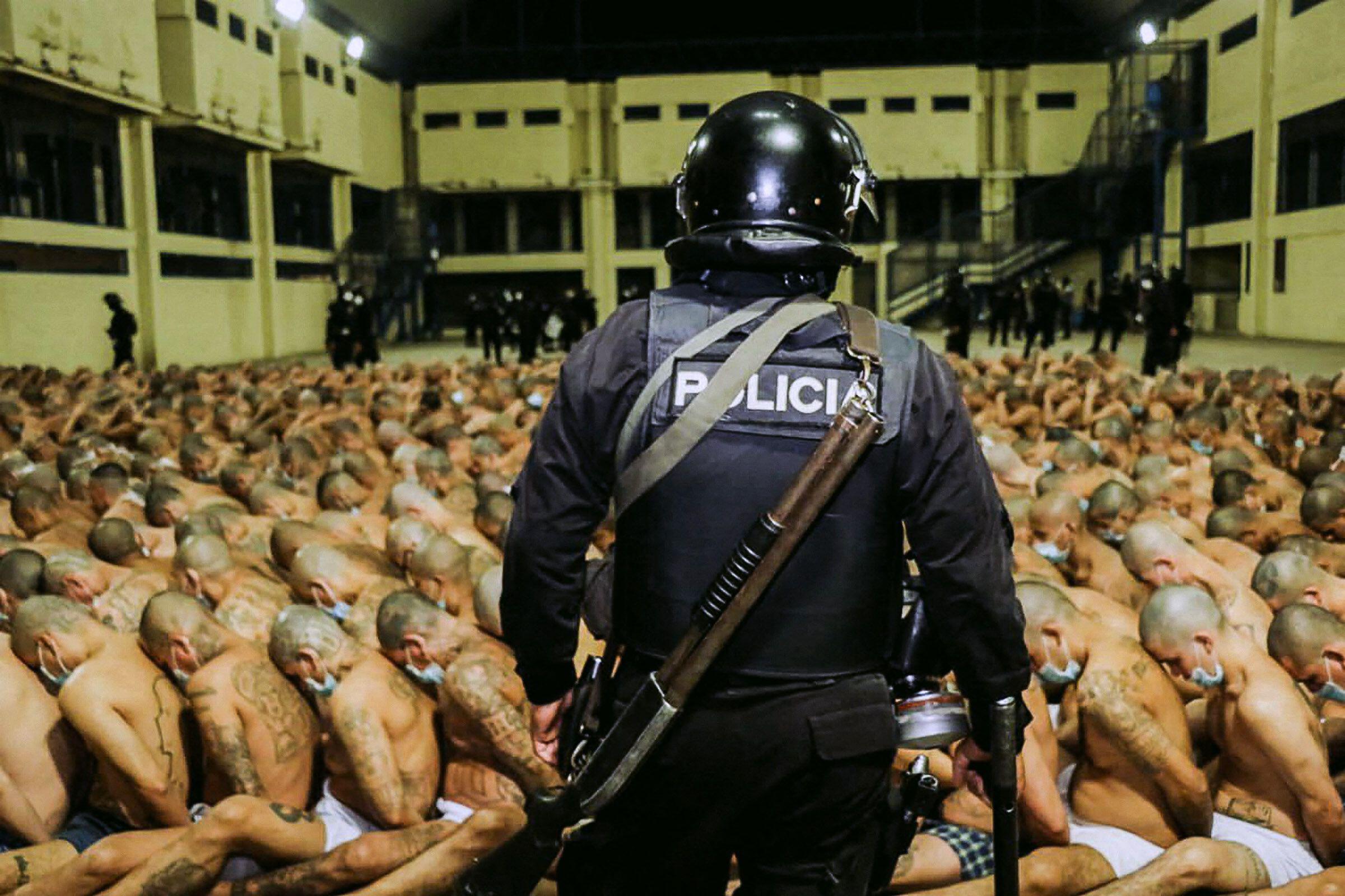
After decades of dictatorship and two years of arguments and compromises, Tunisians finally have a new constitution laying the foundations for a new democracy. Deputies celebrating the ratification of the new constitution for Tunisia. Photo: Mohamed Krit / Demotix
Tunisia’s new constitution took effect on 10 February. The document which observers and commentators hailed as progressive and democratic, was overwhelmingly approved by the National Constituent Assembly (NCA) on 26 January.
Though the charter establishes Islam as the state religion, it makes no reference to Islamic law as a source of legislation. Instead, the document states that “Tunisia is a civil state based on citizenship, the will of the people, and the supremacy of law” (article 2).
Despite provisions banning “attacks on sanctities” and “apostasy accusations”, the constitution guarantees fundamental rights and liberties, including free expression, the right to privacy, access to information and women’s rights. The charter further enshrines third generation human rights such as access to communication networks and the right to a healthy environment.
Now that Tunisia has a constitution which does not fall short on human rights, what’s next? After all, a constitution is not an end in itself but a means to build democratic institutions and uphold rights and liberties
While, acknowledging that the constitution “responds to the main aspirations of the majority of Tunisians”, the Tunisian Association for Constitutional Rights highlighted the necessity for its “democratic implementation”.
“The most beautiful of constitutions could be amended, misapplied or even violated,” journalist Bechir Ben Yahmed warned in an opinion piece. “Read the constitutions of former USSR and the Republic of China. They are good, generous and progressive. Have they prevented Stalin and Mao from using them as they wish?”
In fact, after the ratification of its post-revolt constitution, a set of legal reforms await the cradle of Arab uprisings.
Amira Yahyaoui, a human rights activist and founder of the parliamentary watchdog Al Bawsala, told Index that the most urgent reform is “establishing a constitutional court to attack all stupid laws”.
The Tunisian constitution provides for the establishment of a 12 member constitutional court tasked with overseeing the constitutionality of laws. This court will be put in place after parliamentary elections take place later this year. In the meantime, the NCA will elect a temporary commission to supervise the constitutionality of draft laws.
Yahyaoui mentions legislation which does not permit children to travel abroad with their mothers unless the father issues a written authorisation. Fathers, however, do not require any authorisation if they were to travel with their children. She says, these measures are now unconstitutional since the 2014 charter enshrines “gender equality before the law”.
The future constitutional court should also revise anti free speech legislation, Yahyaoui adds. Three years after the ousting of the Ben Ali regime, prosecutors and judges still deploy his anti-free speech laws to intimidate journalists, artists and bloggers.
Journalist and blogger Hakim Ghanmi is facing military trial for merely criticising the staff of a military hospital in a blogpost he published last April. He was charged with “defamation”, “the undermining of the reputation of the army” (article 91 of the military code) and “harming others or disrupting their lives through public communication networks” (article 86 of the Telecommunications Code).
Indeed, the Tunisian Penal Code criminalizes defamation of public officials and state institutions (articles 128, 245 and 247) and punishes by up to two years imprisonment anyone convicted of “accusing a public official of committing an offense while holding office without having evidence to prove the accusation”.
Article 121 (3), further bans the publication of materials “liable to cause harm to public order or public morals” and punishes those convicted by up to five years imprisonment.
These laws are inconsistent with the new constitution which guarantees “freedom of opinion, thought, expression, media and publication” and bans “prior censorship”.
Privacy law also requires revision. “The state protects the right to privacy, the sanctity of domiciles, the confidentiality of correspondence and communications, and personal data,” article 24 of the 2014 constitution reads. Yet, this right remains under threat since the 2004 fundamental privacy law gives state authorities the power to process and collect personal data without the supervision of an independent body.
Besides, Tunisia’s data protection authority, the National Authority for the Protection of Personal Data (INPDP), remains powerless and lacks independence from government interference under the same law.
Tunisia made a major stride by adopting a new constitution. However, the long road to reform is far from over as the authorities should amend or abolish all repressive laws of the dictatorship era.
This article was published on February 12, 2014 at indexoncensorship.org





